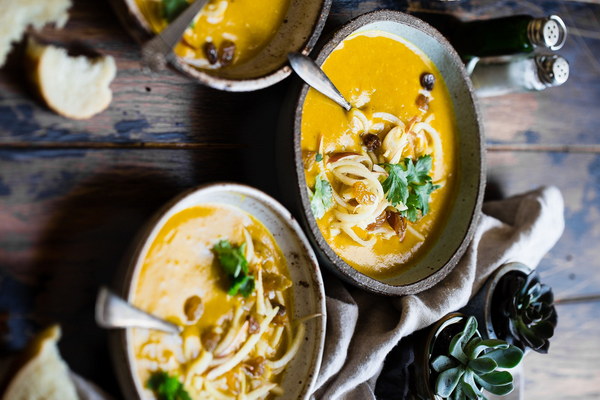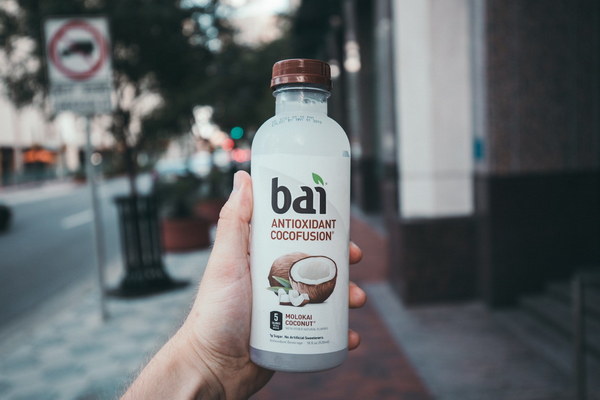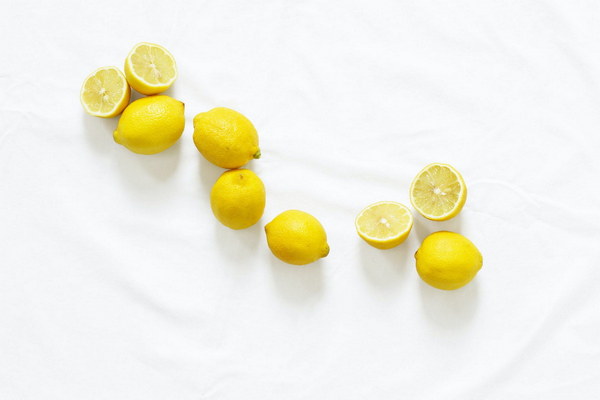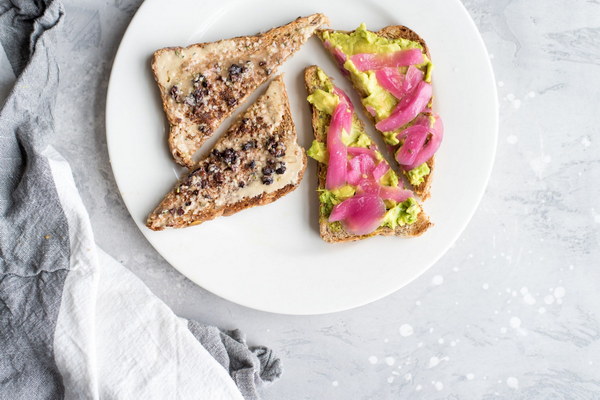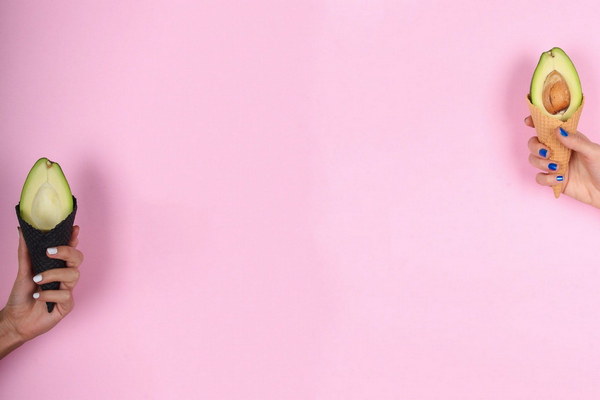Recovery Delivered A Comprehensive Guide to Post-Mastectomy Dietary Supplements
Introduction:
After undergoing mastectomy surgery, the body goes through a significant recovery process that requires proper nourishment to rebuild and strengthen. Dietary supplements play a crucial role in aiding this recovery by providing the necessary nutrients and energy to the body. This article aims to provide a comprehensive guide to post-mastectomy dietary supplements, covering essential nutrients, recommended foods, and tips for a balanced diet.
1. Understanding Post-Mastectomy Recovery:
Mastectomy surgery involves the removal of one or both breasts, which can lead to various complications such as lymphedema, fatigue, and changes in body image. Proper nutrition is essential during this period to support overall health, immune function, and recovery.
2. Essential Nutrients for Post-Mastectomy Recovery:
a) Protein: Protein is vital for tissue repair and muscle strength. Good sources include lean meats, poultry, fish, eggs, dairy products, legumes, and plant-based alternatives.
b) Vitamin D: Vitamin D plays a crucial role in bone health and immune function. Sunlight is a natural source, but during recovery, fortified foods like milk, orange juice, and cereals, as well as supplements, can be beneficial.
c) Calcium: Calcium is essential for bone health and can be obtained from dairy products, leafy greens, nuts, and seeds. Calcium supplements may be recommended, especially if there is a risk of osteoporosis.
d) Iron: Iron is crucial for oxygen transport in the blood, aiding in recovery. Good sources include red meat, poultry, fish, beans, lentils, and fortified cereals. Iron supplements may be recommended, but it is important to consult with a healthcare professional.
e) Vitamin C: Vitamin C enhances iron absorption and supports the immune system. Citrus fruits, berries, bell peppers, and leafy greens are excellent sources.
f) Fiber: Fiber helps maintain bowel regularity, which is important during recovery. Whole grains, fruits, vegetables, and legumes are excellent sources of fiber.
3. Recommended Foods for Post-Mastectomy Recovery:
a) Lean proteins: Incorporate lean proteins into every meal, such as grilled chicken, tofu, or fish.
b) Fruits and vegetables: Aim for a variety of colorful fruits and vegetables to ensure a wide range of vitamins and minerals. Smoothies, salads, and cooked vegetables are great options.
c) Whole grains: Choose whole grain bread, pasta, and cereals to increase fiber intake.
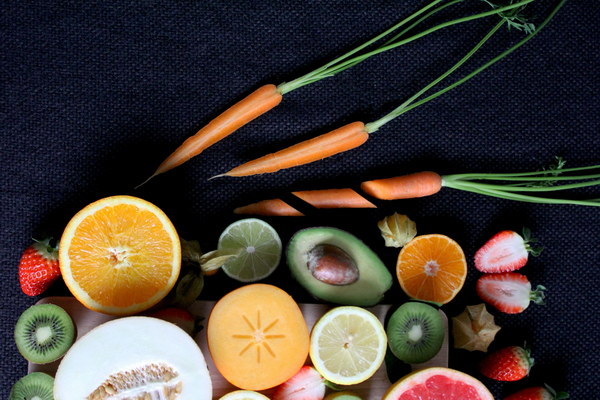
d) Healthy fats: Include sources of healthy fats, such as avocados, nuts, and seeds, to support overall health.
e) Hydration: Ensure adequate fluid intake by drinking water, herbal teas, and clear broths.
4. Tips for a Balanced Diet:
a) Consult with a registered dietitian: A dietitian can provide personalized dietary recommendations based on individual needs and preferences.
b) Eat small, frequent meals: This can help prevent nausea and fatigue and provide a steady supply of energy.
c) Prioritize comfort food: During recovery, it may be challenging to eat. Opt for easy-to-digest foods that are high in nutrients, such as soups, smoothies, and oatmeal.
d) Monitor calorie intake: Ensure adequate calorie intake to support recovery, but avoid excessive consumption to prevent weight gain.
5. Dietary Supplements:
In some cases, dietary supplements may be recommended to address specific nutritional deficiencies or support recovery. It is crucial to consult with a healthcare professional before starting any supplement, as they can interact with medications or have potential side effects.
Conclusion:
Post-mastectomy recovery is a critical period that requires proper nutrition to support healing and overall health. By focusing on essential nutrients, recommended foods, and tips for a balanced diet, individuals can optimize their recovery process. Always consult with healthcare professionals for personalized dietary advice and supplement recommendations.

